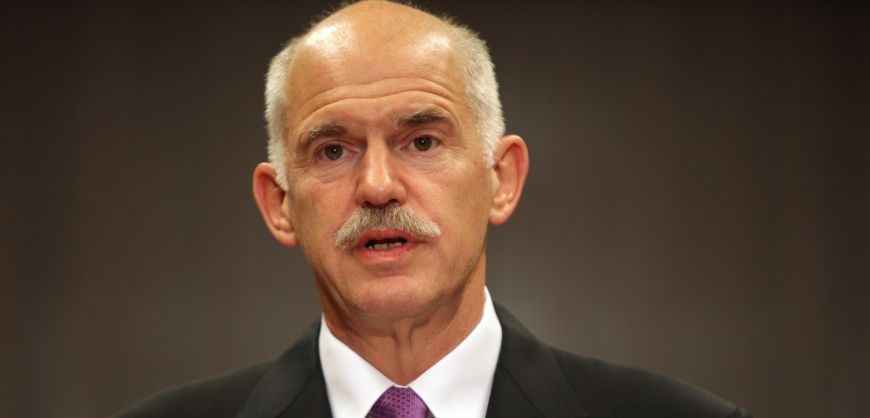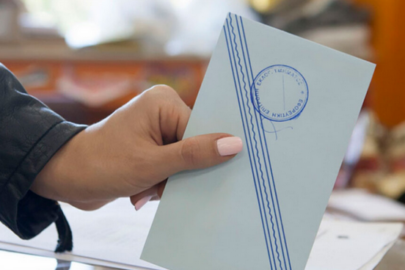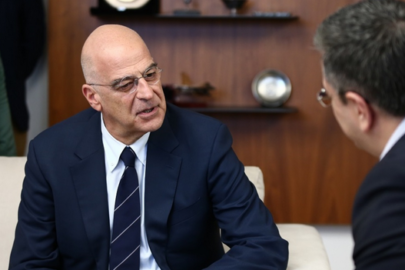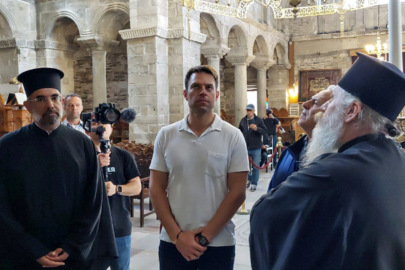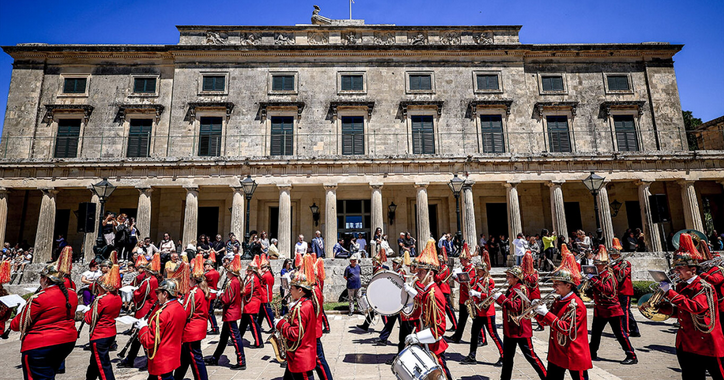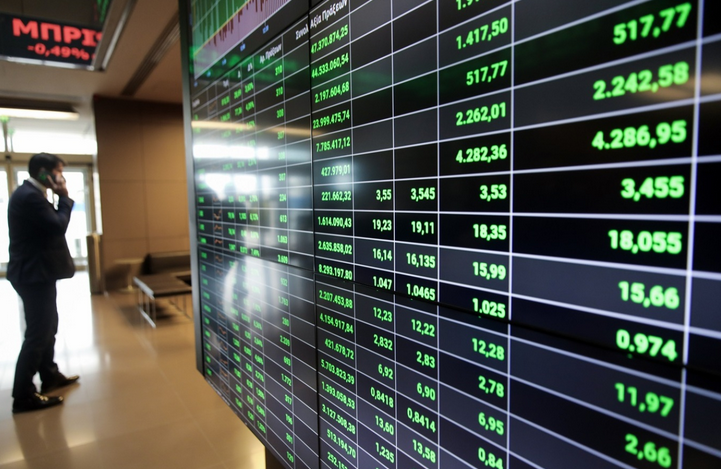An article published by the Frankfurter Allgemeine Zeitung newspaper hosts the former Greek prime minister and former president of PASOK Giorgos Papandreou who referred to the dramatic events of 2011 that led to his double resignation.
“The situation was extremely difficult”, Mr Papandreou said to the German journalist.
“All opposition parties characterized the memorandum as catastrophic and called me a traitor” he continued.
The German journalist describes the then rivals of Papandreou in Greece, such as trade unions, other political parties, officials and even members of his own party. But the biggest enemy was the markets, which he could not understand very well. The spreads, treasure bonds and the rating agencies were not his domain.
In October 2011 Mr Papandreou had to confront alone the markets. “I realized” Giorgos Papandreou said to the German journalist “that the situation could not continue like this. I had two options, either to form a coalition government or hold a referendum”.
The journalist also reminds that Antonis Samaras, leader of the then opposition did not want to share responsibility and wanted to go for national elections so as to govern Greece alone.
Mr Papandreou’s decision to hold a referendum caused turmoil in international markets and the anger of Merkel and Sarkozy. “Were you sure, Mr Papandreou , that you could win the referendum?” the journalist asked the former prime minister. “I was sure that I could not proceed to reforms without taking the risk to ask the Greeks,”.
But at that time nothing was certain, the article continues. The now known developments occurred in Cannes summit followed and while Merkel and Hollande gave a press conference, in Athens the topple of Mr Papandreou was being prepared in secret and the main protagonist was Evangelos Venizelos, who is said to have had the support of the President of European Commission, Mr Barroso, according to the article.

